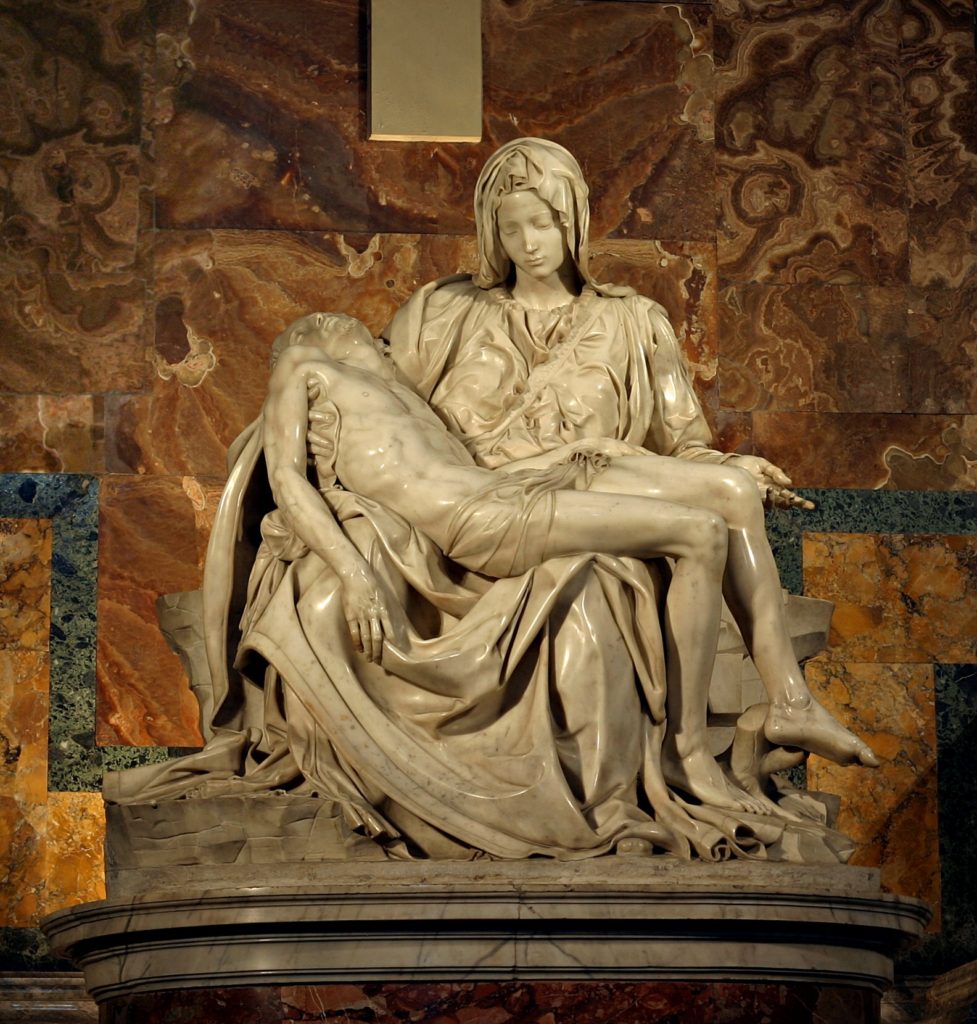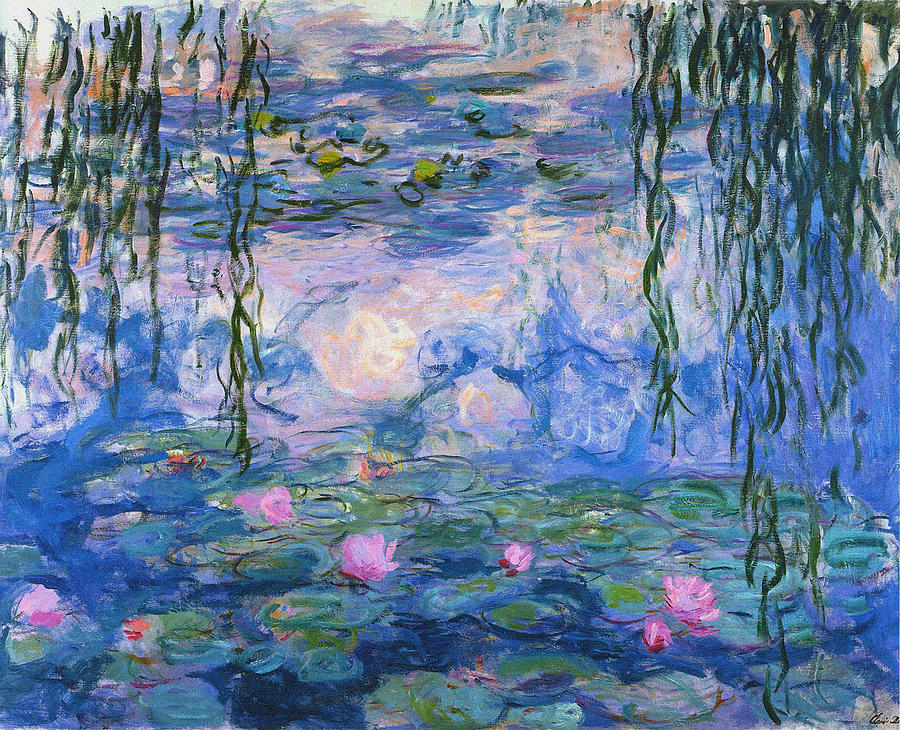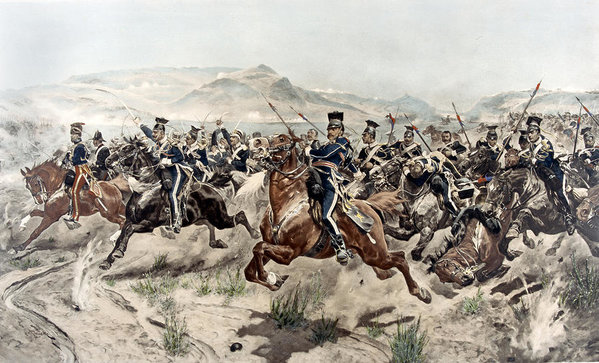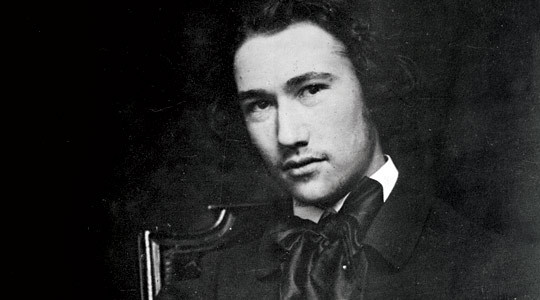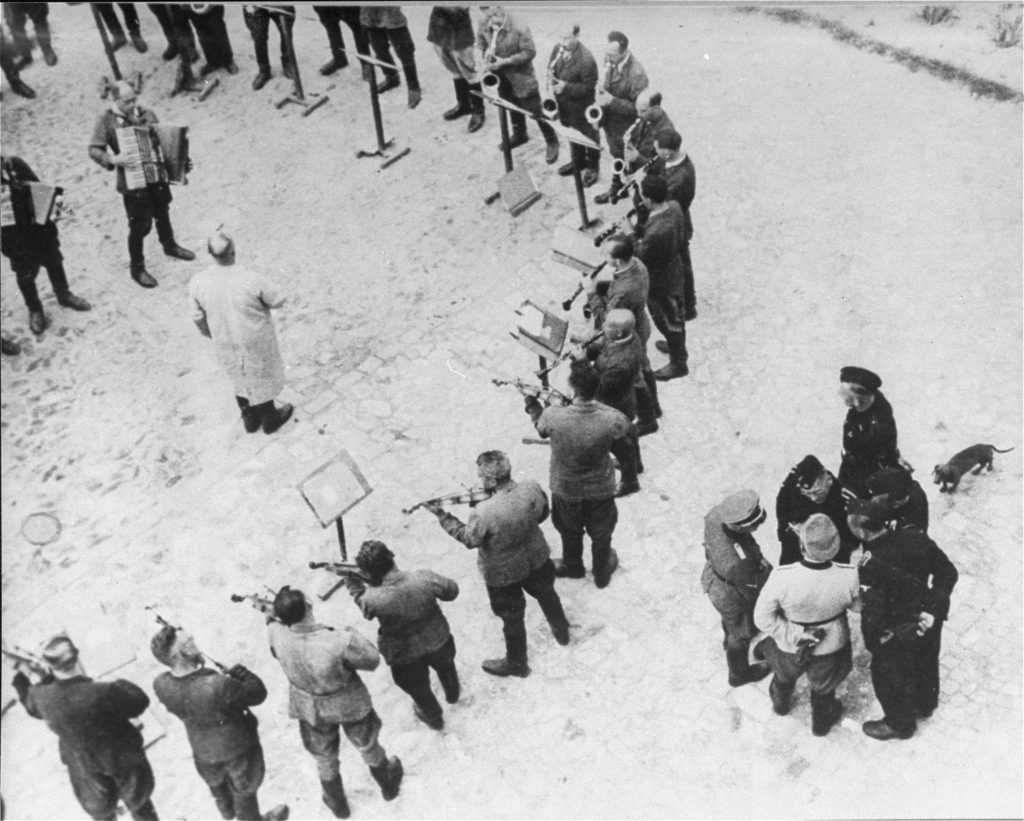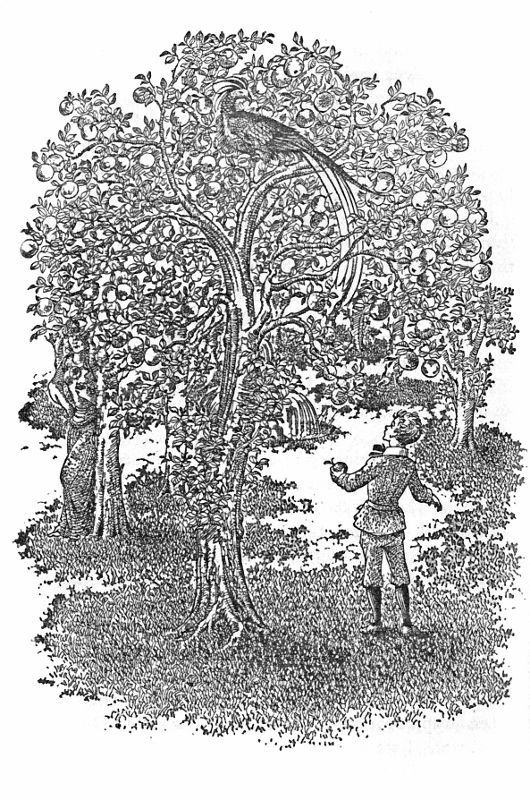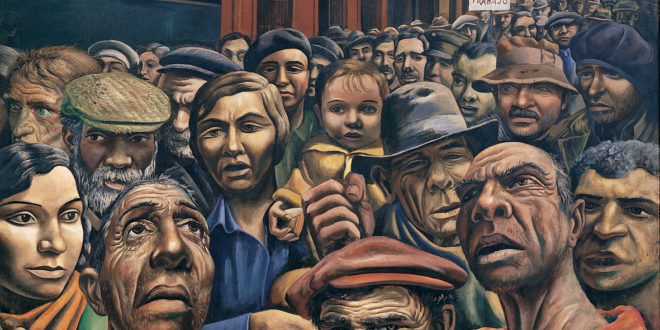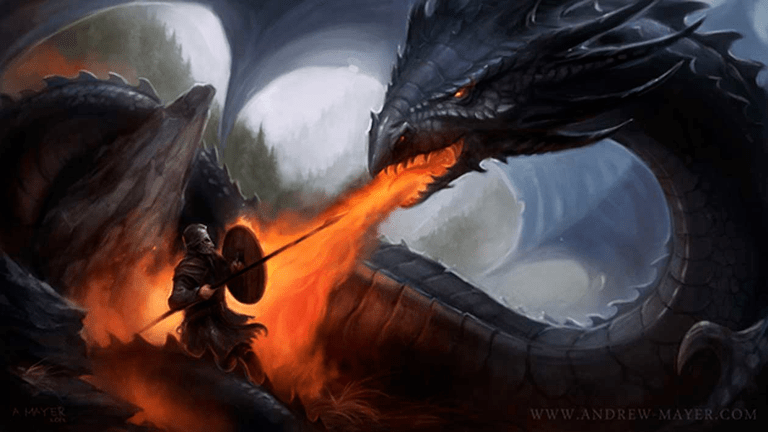
Monday
I received insight into Covid’s impact on students through through several Beowulf essays I received recently. The connection is not a stretch since our students—like the rest of us—feel that a monster has invaded their safe spaces. Their responses demonstrate how literature helps us process trauma.
Teressa Colhoun, a political science major, sees similarities between Grendel and those Covid protesters carrying guns while refusing to wear masks or to practice social distancing. Teressa’s question: As a president or governor, how do you manage the chaos of resentment-crazed citizens taking the law into their own hands?
In the social contract that is foundational to all societies, both citizens and leaders have responsibilities, and beaching the contract imperils society as a whole. In Beowulf, Grendel is the archetype of the resentment-crazed warrior who puts his personal anger over the good of the whole. Danish King Hrothgar can only despair as his kingdom is ravaged by this anger:
Their mighty prince,
the storied leader, sat stricken and helpless,
humiliated by the loss of his guard,
bewildered and stunned, staring aghast
at the demon’s trail, in deep distress.
Teressa goes on to say that today’s leaders aren’t faring much better:
[I]t seems as though America’s “mead hall’ is under attack. Our leaders must grapple with dilemmas like those Hrothgar faced in his sixth-century Danish kingdom. Social contracts impose obligations on citizens; citizens are expected to act in accordance with these expectations. When they choose not to, we expect leaders to handle violations accordingly. Like Hrothgar, though, it seems our leaders still struggle to answer these questions.
To interject an observation here: Beowulf defeats Grendel with his mighty grip, which can be interpreted as applying a firm hand. Several foreign governments and certain of our own governors have had success applying firm measures. Unfortunately, our president is undermining these very measures, describing our weapons-toting Grendels as “very good people.” Trump’s inconsistent messaging is playing havoc as local leaders try to figure out what to do.
Teressa points out that Hrothgar sends out his own mixed messages in that he allows Unferth, someone who has killed kinsmen, a place of honor at his table. Unferth is the warrior who, “sick with envy,” challenges Beowulf upon his entrance. Here we have Grendelian resentment emanating from the upper reaches of the administration.
Eliza Hogan sees things slightly differently. In her own examination of Hrothgar’s handling of warrior resentment, she compliments him on how he puts ego aside in service of the higher good, key to leadership in Eliza’s eyes. Hrothgar, she notes, wisely allows a young warrior to help him with his Grendel problem. Rather than the Danes regarding Hrothgar as weak for doing so, the poet observes, “Yet there was no laying of blame on their lord, the noble Hrothgar; he was a good king.”
Eliza sees the dragon as the archetype of destructive egotism, with the bad king Heremod held up as the ultimate human exemplar. Hrothgar warns the young Beowulf against becoming a Heremod, but both Eliza and history major Thomas Simerville see dragon traits creeping in. Beowulf essentially sounds like Trump at one point, Thomas points out, essentially saying, “I alone can fix it.” Or to quote him directly prior to his battle with the dragon,
Men at arms, remain here on the barrow,
safe in your armor, to see which one of us
is better in the end at bearing wounds
in a deadly fray. This fight is not yours,
nor is it up to any man except me
to measure his strength against the monster
or to prove his worth.
Beowulf, as it turns out, is not up to the challenge. If the dragon battle is an internal one, he will lose because going it alone is a dragon trait. Only with the help of Wiglaf does he kill the monster.
Thomas gives Beowulf some credit for allowing Wiglaf to help him, comparing the young warrior to Dr. Fauci. Working together, they emerge victorious. Eliza, who is harder on Beowulf, says that, when our leaders let us down, it is up to us as individuals to become Wiglafs:
Wiglaf ultimately saves the kingdom, not Beowulf, because of his own selflessness. He shows the readers that great heroes and leaders rise from places of unselfishness, and despite differing backgrounds or homes, anyone can be a leader. This has been proven over and over amid the COVID outbreak. Not only great doctors and nurses, but postmen, cashiers at grocery stores, garbage men, perhaps some of the most unlikely and belittled members of society, have proven themselves leaders and heroes through their selfless commitments to their own work.
And in conclusion:
Not only our leaders hold great responsibility during coronavirus, but each one of us has a responsibility to sacrifice our own wants (to go to restaurants, to play with friends, to travel) for the health of others. As a young healthy person, I probably wouldn’t die if I contracted the coronavirus, so if I were to go out and ignore social distancing rules, I personally would probably be fine. However, I know that I would put others at risk by doing so, and therefore I will not. In order to beat the coronavirus, each one of us must sacrifice our wants for the good of others.
Ella Cobbs goes at our current crisis from a different angle, asking, “How do we keep our emotions from overwhelming us in a time of crisis.” The monstrosity of Grendel’s Mother is that her emotions lead her to destructive behavior. Beowulf’s heroism, by contrast, lies in his ability to keep a level head. If one sees his descent into the Grendels’ lake as a metaphor for being engulfed by emotions, then the giant sword he finds is the counterforce, a higher principle that Ella identifies as “devotion to the greater good.” She concludes her essay as follows:
In times of stress and turmoil it is all too easy to let our emotions take the reins and control our thinking. Today we are living in a world dealing with overwhelming grief and uncertainty, and I know for me personally, I have wallowed in my own anger and sadness over the situation and often forgotten about the bigger picture. It takes our inner Beowulf to snap us back into reality, remind us that what we are feeling is momentary, and remember that we are a part of something larger than ourselves.
We are running the risk of becoming a world of Grendel’s mothers, and we need instead to follow in the footsteps of Beowulf. All of us are wracked with emotions, despair, depression, anger, loneliness, but we cannot let ourselves succumb to these emotions as Grendel’s mother does. If we selfishly let our loneliness influence our actions and we meet up with friends for a seemingly harmless gathering, we can be directly endangering the lives of others. Instead, we must be the Beowulfs of the world, keeping a level head and doing what we need to in order to protect everyone. Beowulf is a hero not only because of his immense physical strength, but because of the control he has over his emotions and his devotion to the greater good.
I’ll note one other essay which, while not explicitly about the pandemic, nevertheless touches on the depression many are experiencing. As Patrick Rodriguez sees it, Grendel and Grendel’s Mother represent forms of depression as experienced by young warriors, the dragon depression as experience by old men..
In battling depression, sometimes a young warrior, when tempted to become murderously resentful, can be redirected with a firm hand. The out-of-control rage of Grendel’s Mother—sometimes followed by sinking into deep depths of despair—can be countered by a higher ideal. But when one becomes an old man who, upon looking back over his life, sees nothing but a long string of meaningless deaths, all that can help is young people entering your life. If you open yourself to their vision and their energy, they may keep you from succumbing to dragonhood.
In other words, the five essays all seek to imagine ways forward when the world appears dark and overwhelming. God bless these students for refusing to be either cynical or fatalistic. And God bless Beowulf for providing images and narratives that they can turn to.
